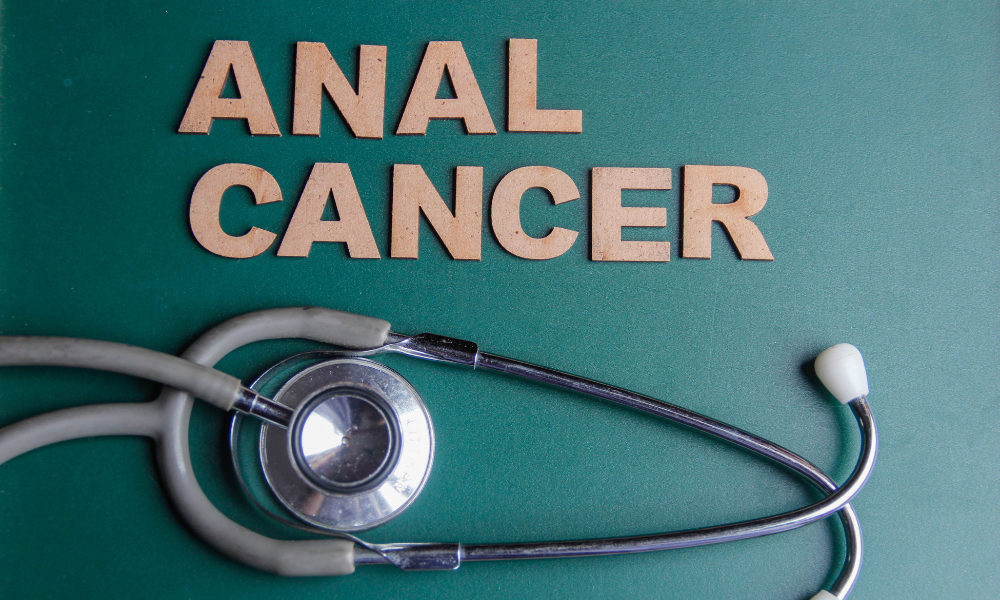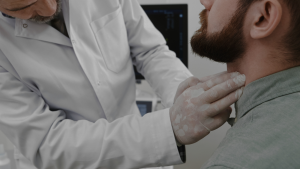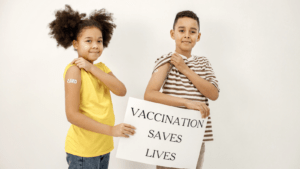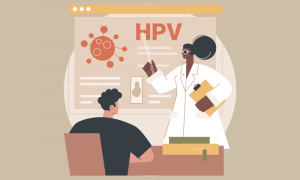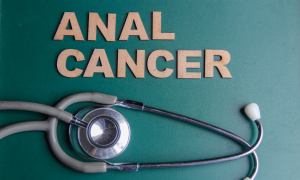Dr. Joel Palefsky is an expert in infectious diseases and cancers associated with these diseases. He is an internationally recognized expert in human papillomavirus (HPV) infections of the anus and genitals and specializes in people living with HIV. He recently led the Anal Cancer/HSIL Outcomes Research (ANCHOR) Study, a multi-site study that examined whether detecting and treating pre-cancerous lesions could prevent anal cancer.
Dr. Palefsky is the founder and president of the International Anal Neoplasia Society as well as the founder and chairperson of the International Papillomavirus Society’s global campaign for HPV awareness.
ASHA recently sat down with Dr. Palefsky to talk about HPV and anal cancer.
Can you explain what anal cancer is and who commonly gets it?
Anal cancer is very similar to cervical cancer and is caused by the same HPV types. It’s still a pretty rare disease but incidence has been increasing since the 1970s.
It is more common in women than men in the general population, but there are certain groups that are known to be especially high risk. Those include people with HIV and women with a history of vulvar cancer and cervical cancer. Men who have sex with men—particularly HIV-positive MSM—are the highest risk group.
You said anal cancer is caused by HPV. Is the initial HPV infection usually the result of anal sex?
Not always. About half of the women in many of the studies that have been done had never had anal sex. These people are presumably getting HPV of the anus from infections of the cervix or vulva. The other half have had anal sex, which is a common sexual practice.
This is probably one of the reasons why anal cancer is more common in women than men because women have more opportunities to get HPV. But, again, those who have more anal sex, namely the MSM, do have a much higher risk of anal cancer. When you throw HIV on top of that, it raises the risk even more.
How do people usually find out they have anal cancer?
Because there’s no screening for it, most people don’t seek help until they present with symptoms—usually bleeding, pain, or a mass that they can feel. The typical story for someone who isn’t known to be at risk is that they go see their doctor for rectal bleeding and are told they have hemorrhoids. Sometimes they even get surgery hemorrhoids and when the pathology comes back, they find out it is cancer.
Is there a way to find precancerous cells the way we do with Pap Tests for cervical cancer?
There are screening tests that are similar to those we use for cervical cancer. We can swab the area and screen for precancerous changes with cytology, and we can also sometimes test for HPV.
There is also a procedure called High Resolution Anoscopy or HRA in which we examine the anal canal with a high-resolution instrument called a colposcope. We visualize the whole anus using the same sort of stain we use in the cervix—acetic acid—and take biopsies to see if they have anal precancer [called high-grade squamous intraepithelial lesions] and rule out cancer.
If the biopsies come back showing these, we repeat the procedure but this time the approach is usually to use electrocautery. We use a version called hyfrecation in which we try to remove the affected area but lose as little of the normal tissue as possible. It’s done in the office and is quick, 20-minute procedure that’s very well tolerated and not painful.
You just wrapped up something called the ANCHOR study where you were trying to test whether treating for precancer helped reduce anal cancer. What were the results?
The ANCHOR study included nearly 4,500 participants with HIV. It was not a screening study because one of the key entrance criteria was biopsy-proven, high-grade disease [anal pre-cancer]. We did HRA on everybody in the study because it’s the gold standard diagnostic procedure. And as it turns out, that was a good thing to have done because what we found was an extraordinarily high prevalence of these high-grade lesions. About half the population had these high-grade changes.
The real goal of the study was to show that we could significantly reduce the incidence of anal cancer by treating pre-cancer and we did this even before we finished recruiting for the study. It was a randomized controlled trial; half the people were treated and half were untreated.
We’ve been following up to make sure that the people who had not been treatment were offered the opportunity to get treated and to continue following the people we’d treated before. All clinical follow up just ended.
In order to treat pre-cancers, you have to screen for them. Who should get screened for anal pre-cancer?
The CDC is about to release guidelines on anal cancer screening using cytology and HRA. These are mostly limited to people with HIV because that’s where the research has been done. There are other guidelines recently published in the International Journal of Cancer which add some other high-risk groups to those who should get screened this way.
We’re not recommending that everyone be screened this way because anal cancer is rare. The risk for the general population is just too low. But our next step should be to ramp up infrastructure so more places have providers who can do HRA. Right now it’s concentrated in cities with large MSM populations but there are many communities in the United States where no one knows how to do this.
We do recommend that everyone get a digital anal rectal exam. We call that a DARE. People are more familiar with digital rectal exams [in which a health care provider inserts a gloved finger into the anus/rectum]. These are primarily aimed at finding rectal cancers. We want to make sure that providers are also focusing on the anus. The purpose of the DARE is to feel for things like hard lumps that might indicate the presence of cancer, but you can’t feel pre-cancers.
Does the HPV vaccine prevent anal cancer?
I published the first paper showing that the vaccine worked to prevent anal HPV. That’s actually what got the vaccine approved for boys. The vaccine is the best long-term answer: if everyone who fell into current vaccine categories got the vaccine, anal cancer and cervical cancer would be a thing of the past. But it would take decades for that. Anal cancers develop even later than cervical cancers because it takes more years to go from HPV infection to cancer.
Everybody who can get vaccinated, should get the vaccine. The issue though, is there are a lot of people who haven’t gotten the vaccine yet or are too old to get vaccinated. This group needs screening on top of vaccination.
There is still some stigma around anal sex, do you see this affecting your patients?
I think that the answer to that varies a lot according to the demographic. Quite a high proportion of my patients are gay men and while there’s still some stigma in that population, on the whole it’s not as remarkable as with some of the other groups that I see in the clinic. For instance, I have quite a few female patients with anal cancer, and they often tell me how difficult it is to talk about the disease to their family and friends.
HPV is stigmatized, cancer is stigmatized, and we don’t like to talk about the anus at all. It’s like the triple whammy. I often refer my patients to the Anal Cancer Foundation which can provide additional emotional support.
You also run a global HPV awareness campaign each year. Can you tell us about that?
HPV Awareness Day is March 4th. The primary message is that HPV is very common, and we’re all affected by it. If you haven’t had it, you know someone who has. We want to make it part of normal conversation and encourage vaccination amongst anyone who is eligible and screening for anyone who is eligible for that.
The theme of the campaign is “One less worry.” One of the things that we emphasize in the campaigns is that we actually do have a message of hope here. We have everything we need right now to make cervical cancer and anal cancer a memory. Not immediately, but for the next generation.


